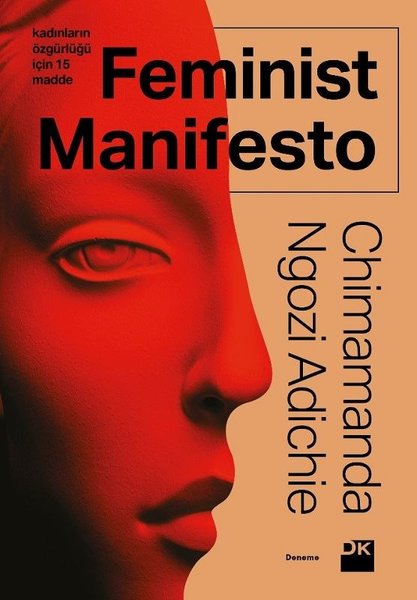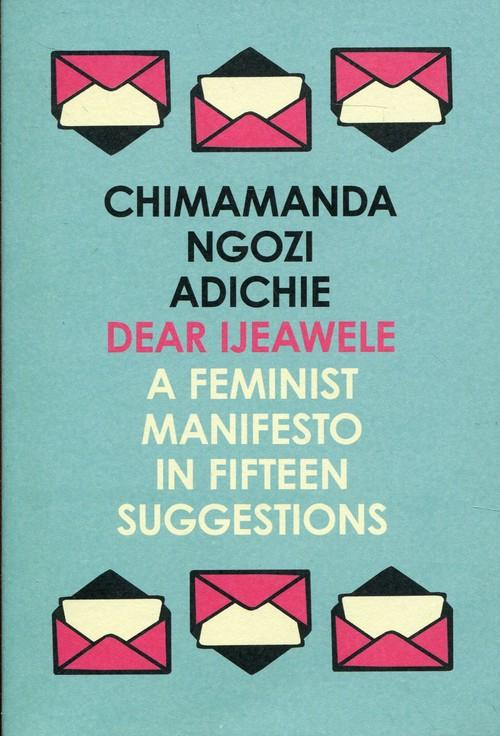

From encouraging her to choose a helicopter, and not only a doll, as a toy if she so desires having open conversations with her about clothes, makeup, and sexuality debunking the myth that women are somehow biologically arranged to be in the kitchen making dinner, and that men can "allow" women to have full careers, Dear Ijeawele goes right to the heart of sexual politics in the twenty-first century. Here are fifteen invaluable suggestions-compelling, direct, wryly funny, and perceptive-for how to empower a daughter to become a strong, independent woman. Dear Ijeawele is Adichie's letter of response. You only need about an hour to get through the entire book -but the insights you will get!! This is the kind of book best kept close, for rereading.From the best-selling author of Americanah and We Should All Be Feminists comes a powerful new statement about feminism today-written as a letter to a friend.Ī few years ago, Chimamanda Ngozi Adichie received a letter from a dear friend from childhood, asking her how to raise her baby girl as a feminist. If a your baby girl likes to play with trucks instead of dolls or prefers her hair short or unbraided, let her.Īs the title tells us, Adichie’s Manifesto includes fifteen suggestions. The issue is to aspire only to marriage and also that aspiration being placed on girls rather than they desiring it for themselves.Īdichie also talks about encouraging little girls to be whomever they choose to be. For me here, I would have liked if she had gone further to say that there is nothing wrong with aspiring to marriage in itself. Adichie says these phrases condition women to aspire to marriage.


In the Kenyan setting a common phrase girls are told jokingly is, ‘You better learn how to cook/clean or he will send you back.‘ Meaning that if a woman cannot cook for her husband, he will divorce her.

The author points to basic things like calling a little girl ‘princess’ a term Adichie says is loaded with assumptions of delicacy.Īnother common statement said to girls particularly in the African setting (I’m sure there are equivalent statements in other cultures), ‘What are you doing? Don’t you know you are old enough to find a husband?’. The good news is that you will not need a dictionary or to understand the history of the bourgeoisie or that of feminism to make sense of it. It is similar to the Karl Marx Communist Manifesto and Nancy Fraser’s (and friends’) Feminism for the 99% in structure and purpose. It is an easy read, relatable and practical. In the Manifesto, Adichie is writing a guide for her friend on how to her soon-to-be-born daughter as a feminist. Adichie’s Feminist Manifesto has not received the credits it deserves.Īdichie writes a feminist manifesto which every parent should read and apply when raising their children-note that I said children not daughters.


 0 kommentar(er)
0 kommentar(er)
